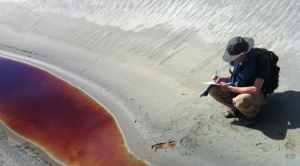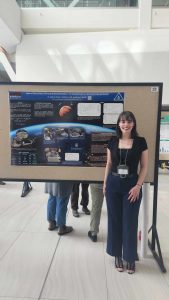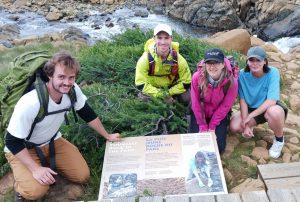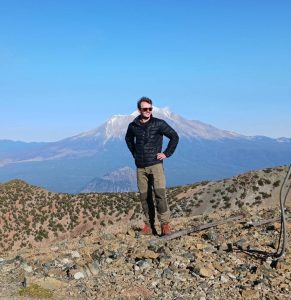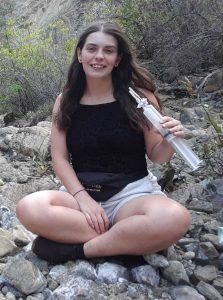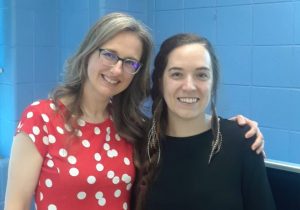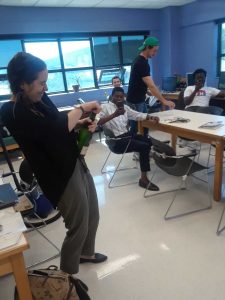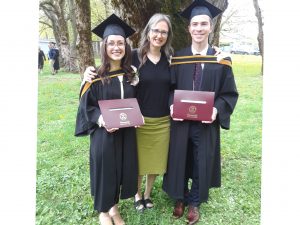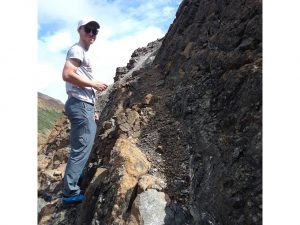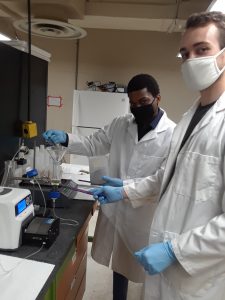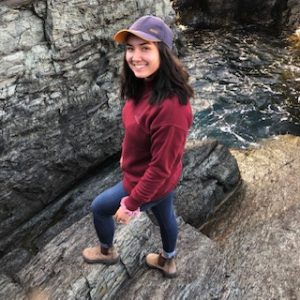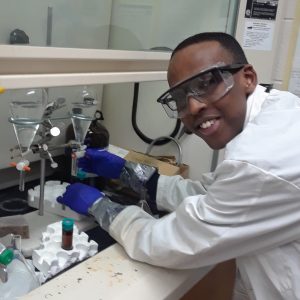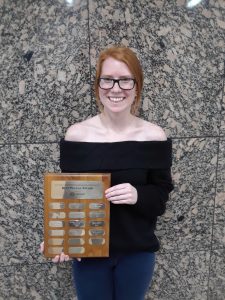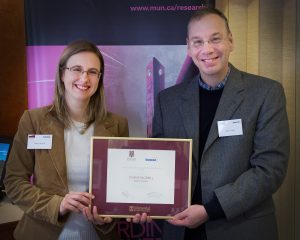Stable Isotope Precipitation Sampling (SIPS) Project
Determining the local meteoric water line using seasonal precipitation samples across the island of Newfoundland.
We (Kendra Revoy, Penny Morrill, and Michael Babechuk) will be testing precipitation samples across the island for the relative proportions of δ2H and δ18O to build a local meteoric water line. The linear relationship between these stable isotopes varies by geographic location and can be used in several geoscientific applications such as determining the origin of groundwater, tracing local relative humidity, studying local climate, or as a tracer of climate change.
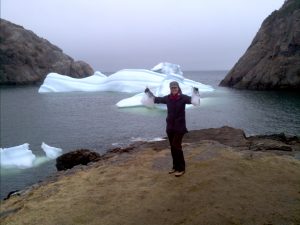
Astrobiology
Related link(s):
Study of Electrical potential, Remote sensing, and Preservation of biosignatures at sites of serpentinization (SERP)
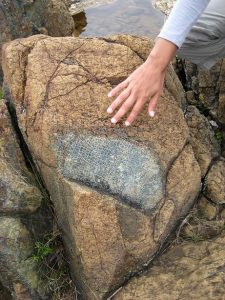
CCSNL – Carbon Capture and Storage NL
Global temperatures are rising, in part, due to anthropogenic CO2 emissions. The DELTAS research group studies the removal of CO2 from the atmosphere by converting it into long-term storage -carbonate rock. This process already happens naturally in some igneous rocks, at sites of serpentinization, and in some mine tailings, etc. Canada has many locations that have the potential to sequester CO2 through CO2 mineralization. We are focusing our investigations in the Canadian province of Newfoundland. Newfoundland has the geologic, geographic, and climatic conditions necessary for prolonged CO2 mineralization including ultramafic rocks, geologic stability, access to water, and a wet and windy climate.
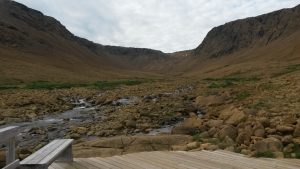
Hydrocarbon Remediation
We use microbial, geochemical, and isotopic methods to determine the source, fate, and transformation of hydrocarbons released into the environment.
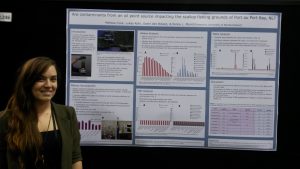
Reservoir Souring Remediation and Prevention
Reservoir souring is when H2S is released from a hydrocarbon reservoir. It is often associated with secondary recovery efforts. The DELTAS research group studies methods to inhibition of microbial sulfate reduction, and methods for characterizing the microbial community.
Related link(s):
Reducing challenges related to reservoir souring in province’s offshore
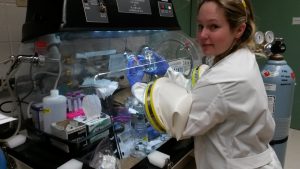
Acid Mine Drainage Remediation
Mining is one of Newfoundland and Labrador’s largest and oldest industries. Currently, nickel, copper, zinc, cobalt, and gold are mined from NL’s volcanic massive sulfides. The mining of these metals creates large amounts of solid waste tailings that need to be disposed of. When water comes into contact with these tailing there is a potential for acid mine drainage (AMD) generation, which produces very acidic water with levels of dissolved metals such as copper that are toxic to aquatic life. The DELTAS research group investigates sustainable methods (i.e. phytoremediation, as well as, natural and enhanced attenuation) for the remediation of AMD in NL.
